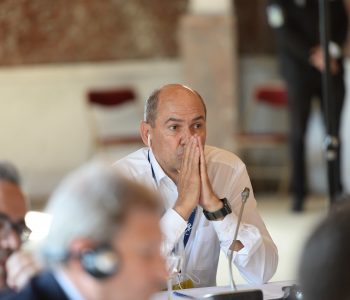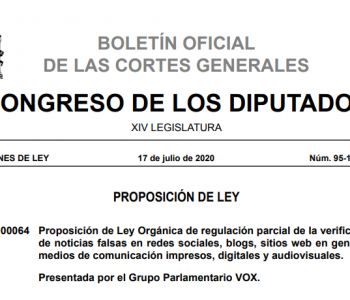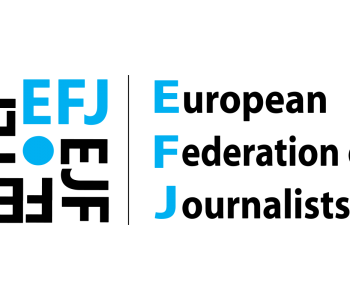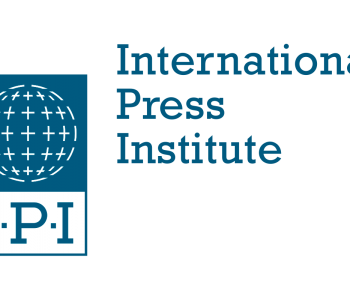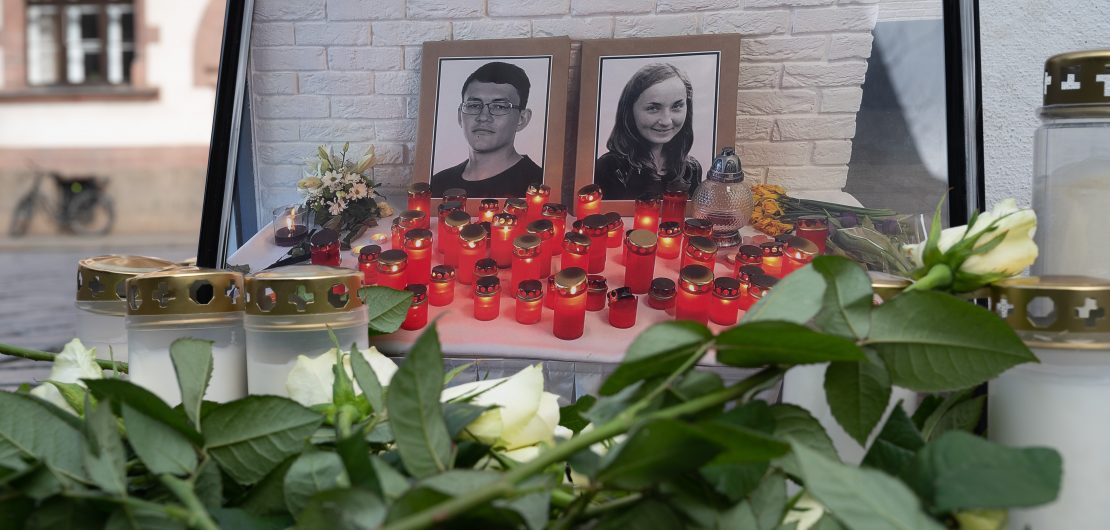 Library
Library
Slovakia: A travesty of justice in the case of…
Slovakia: A travesty of justice in the case of investigative journalist Ján Kuciak and his fiancée Martina Kušnírová as alleged masterminds are acquitted.
Media Freedom Rapid Response (MFRR) partners today call for the fight for justice for Slovak investigative journalist, Ján Kuciak and his fiancée Martina Kušnírová to continue, after the Specialized Criminal Court in Pezinok returned a not-guilty verdict for alleged mastermind of their murder, Marian Kočner.
MFRR said the acquittals today of alleged mastermind and intermediary, Marian Kočner and Alena Zsuzsová marked a sad day for media freedom and the fight for an end to impunity for the murder of journalists in Europe. Going forward we welcome the appeal of the verdict to the Supreme Court and call for both investigators and prosecutors to reopen the case and work towards securing the direct evidence required for convicting those responsible.

